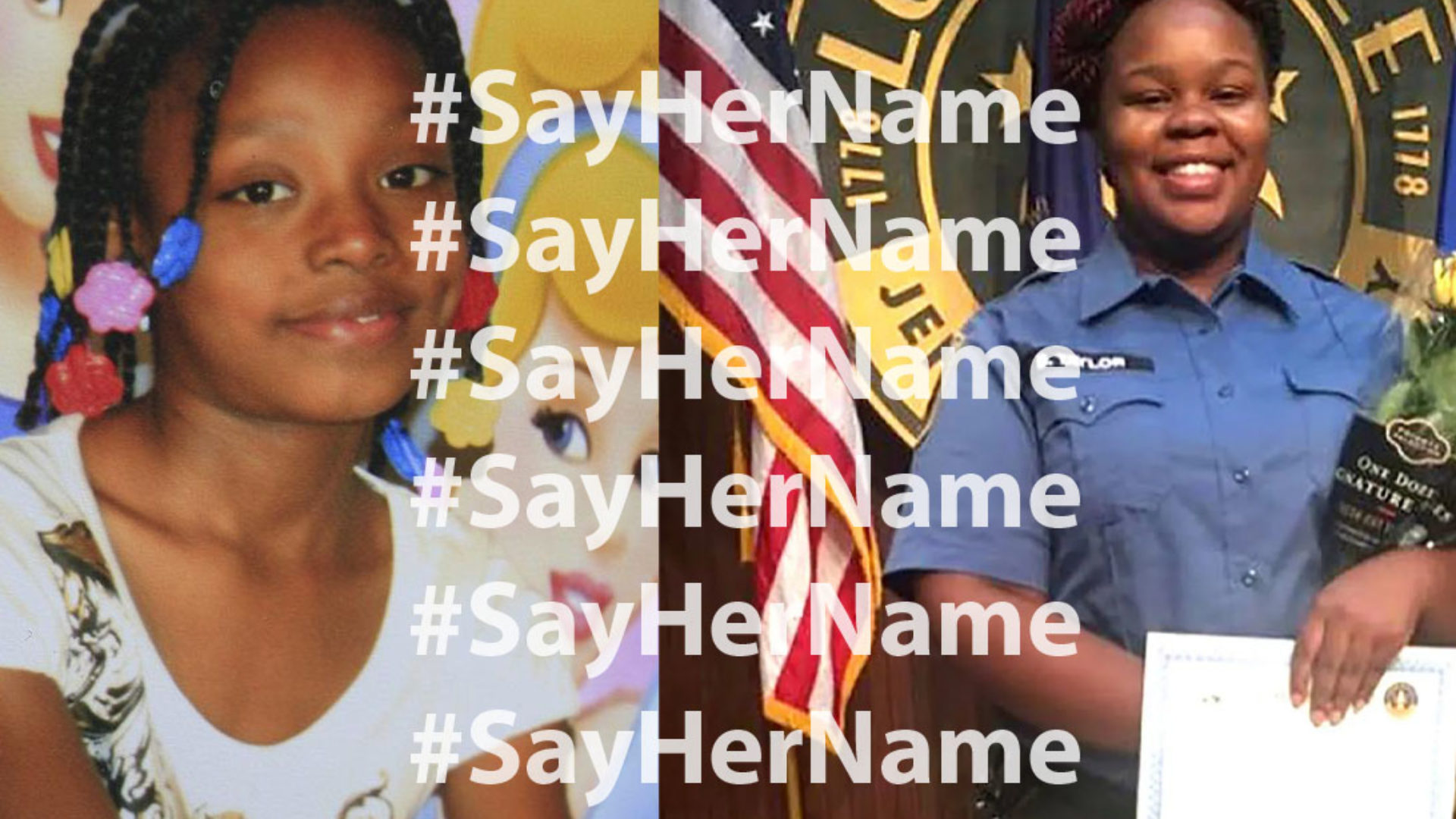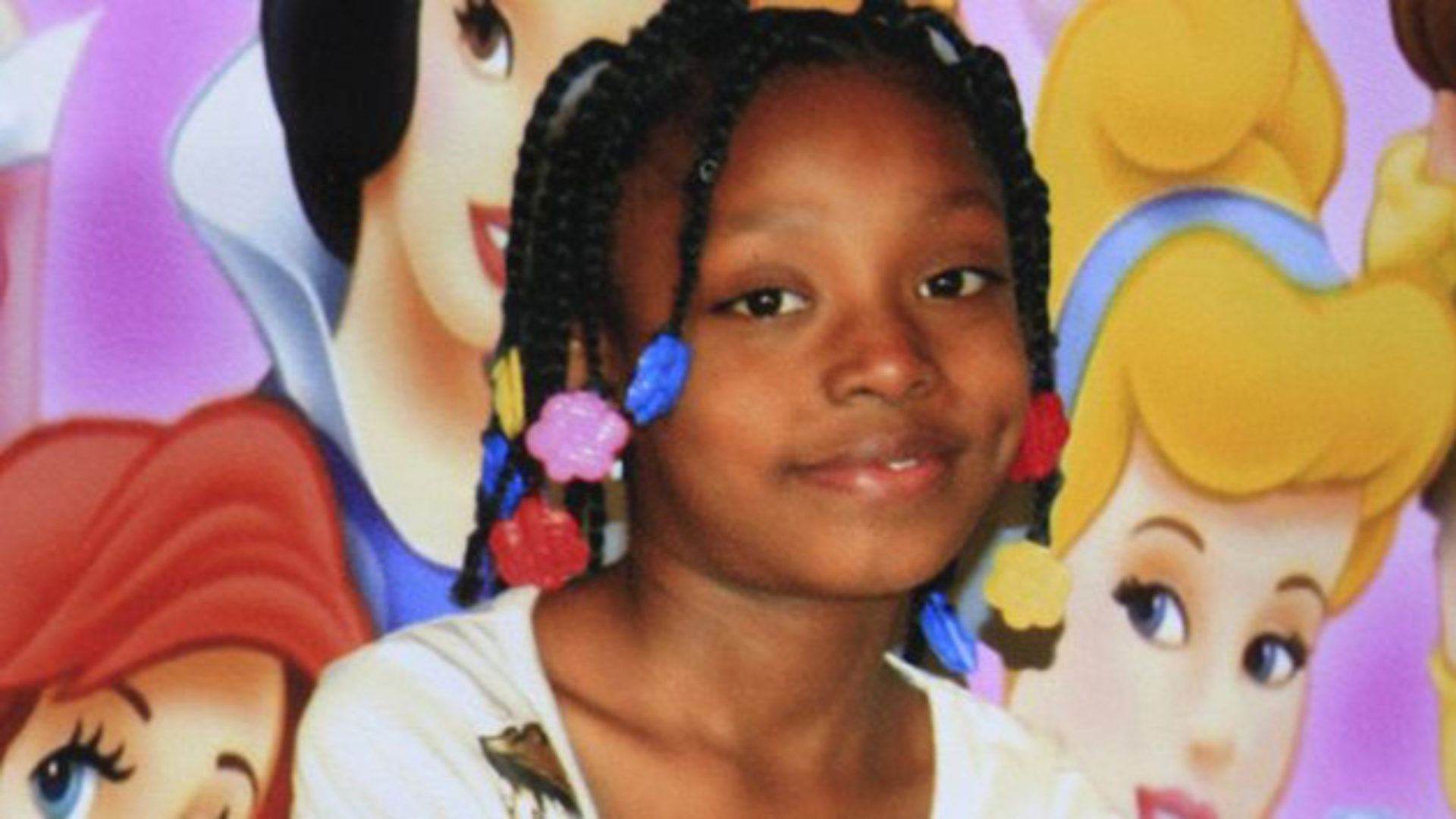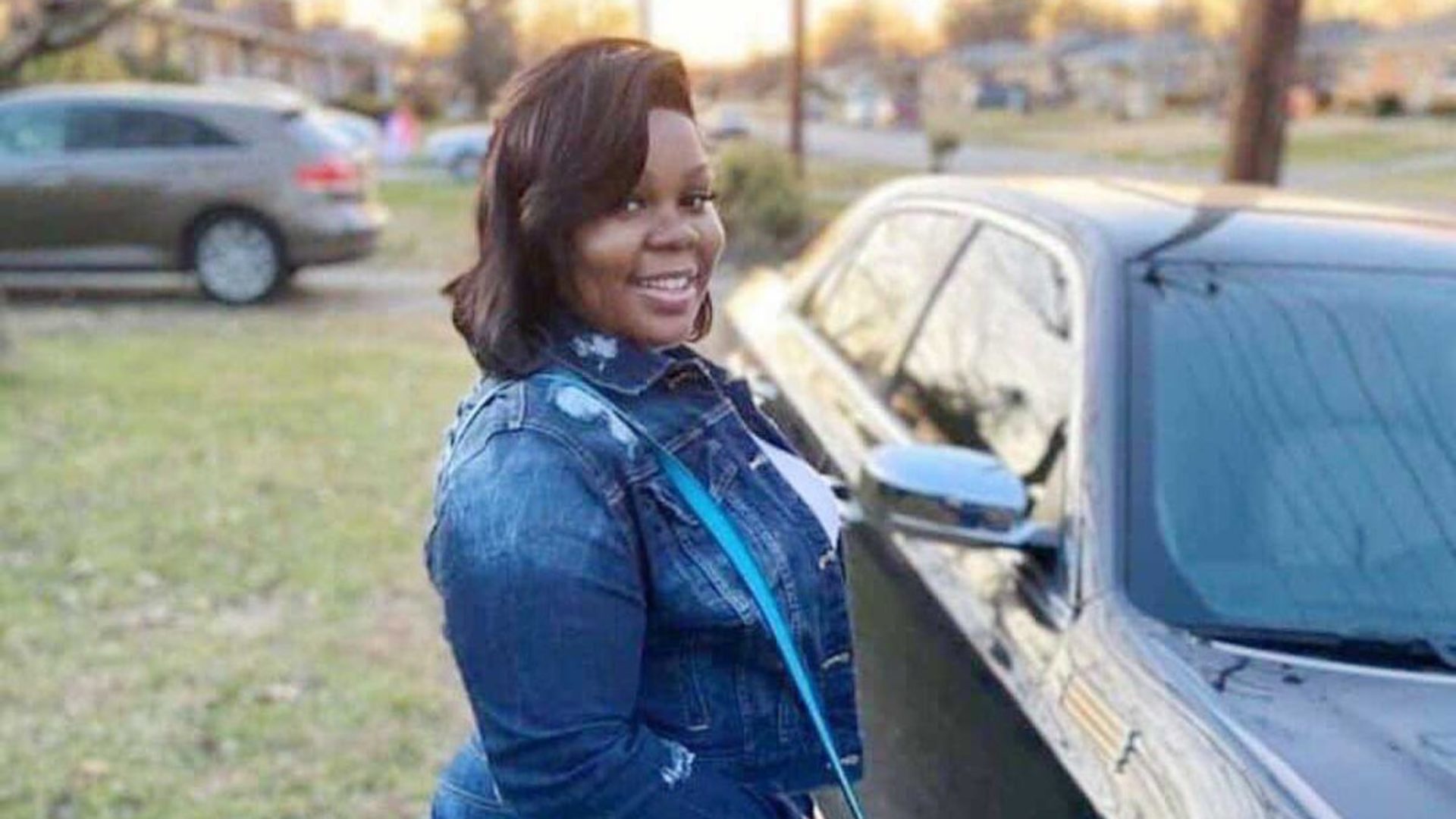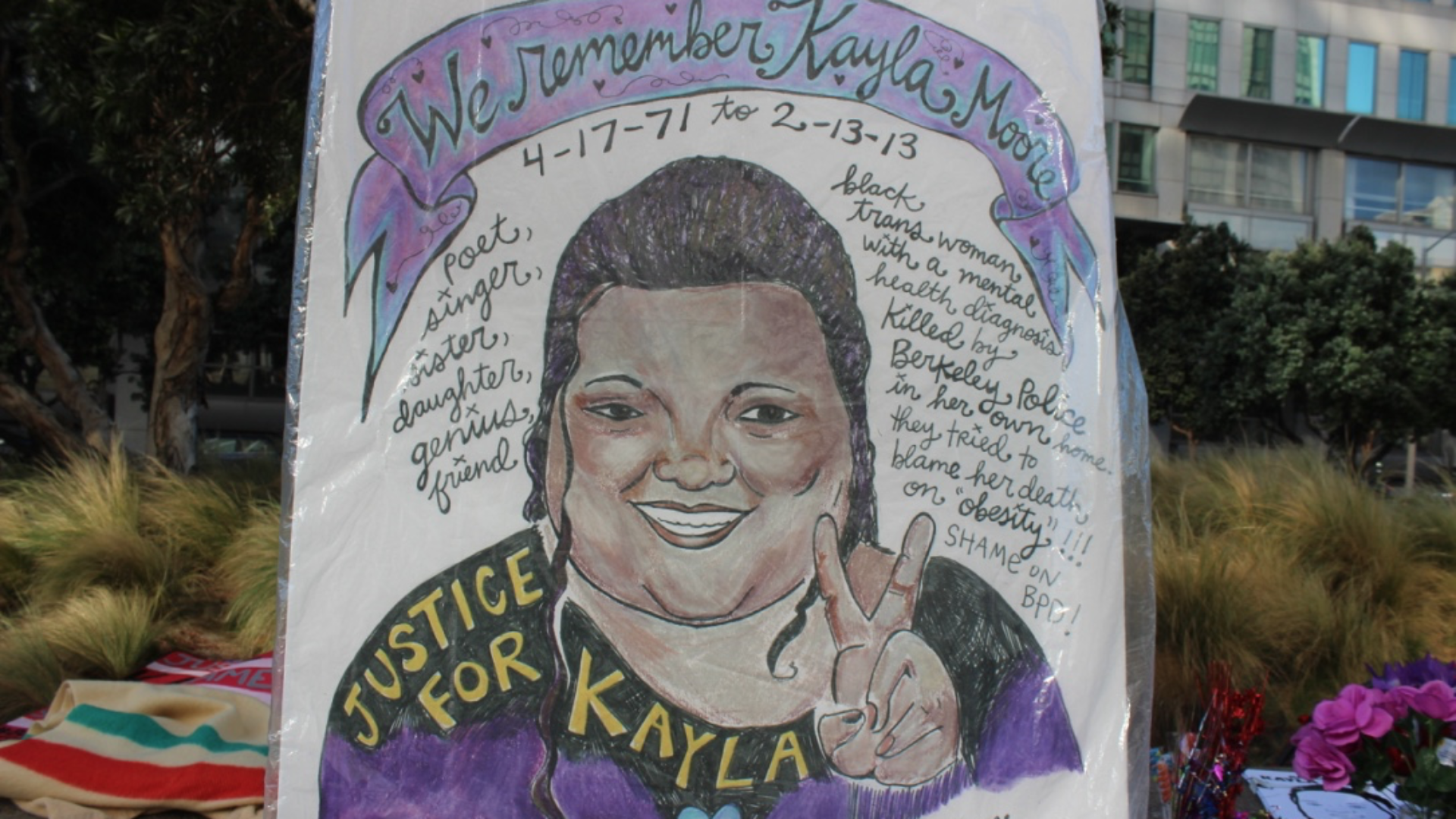
As we hit the streets to demand justice for lives stolen by police, remember that we are marching for Black women and girls who have been victims of state violence, too.
In 2010, 7-year-old Aiyana Stanley-Jones was killed in her home by Detroit police during a raid. Officers entered the wrong apartment, and burst into the living room, as the girl slept while her grandmother watched television. The incident was filmed by A&E’s ‘The First 48″, and was one of the many instances where a young Black person had their home stormed into by police, and was subsequently killed.
A decade later, we are mourning Breonna Taylor, a 26-year-old EMT killed by Kentucky police in March. Freedom fighters are especially incensed because the officers involved in Taylor’s death have not been charged.
Taylor’s story took months to receive mass coverage and did not immediately prompt protests, a truth for which COVID-19 has been blamed. She was not given a large public memorial service, either.
Justice seekers are concerned that what happened to her is in danger of being forgotten, which is a frequent occurrence when Black women and girls are slain by police.
“We’re not trying to compete with [George] Floyd’s story, we’re trying to complete the story,” researcher and author Andrea Ritchie said to the New York Times earlier this week. There are accusations that focusing on police violence against Black women is divisive, namely when trans women are harmed and spoken up for.


Why are cisgendered Black men’s stories of police brutality prioritized over Black women’s? Dr. Kimberlé Crenshaw, the woman behind the term “intersectionality” and the hashtag, #SayHerName, has spent years explaining why she believes this happens, and says it has to do with race and gender.
In a 2016 interview with Columbia Magazine, Crenshaw said she was inspired to create the #SayHerName hashtag while attending a protest. She recalled hearing chants of the names of some of the Black men killed by police, but noticed Black women’s names weren’t mentioned.
Identifiers, like race, gender and class expose us to a number of experiences — including state violence. But because of how Black women, (and for further specifics, consider Black trans women, or poor, Black trans women) are perceived by the world, crimes committed against us by police slowly fade from national consciousness, if they ever truly enter.
When uncovering why Black women and girls are left out of conversations about brutality, you must think about how they are treated within current Black liberation movements. Though we are the ones behind Black Lives Matter, and essential workers, too, the role that we play is diminished by people’s ideas of our worth. Because of intersectionality, this devaluing comes from multiple angles — white cis men who have historically benefitted from our oppression, white cis women who have done the same, but seem to enjoy victim mentalities and microaggressive behavior, and Black cis men who succumb to misogynoir. Our efforts regularly go unseen, and when we are killed by police, our lives do too.
“Some people are surprised to hear that the police kill Black women,” she said to Columbia Magazine. “Others are really grateful that we have raised these issues.”
Black trans women have an especially difficult path when it comes to erasure. When trans women are killed, they are frequently dead-named and misgendered, which compounds the fact that crimes against the trans community regularly go cold or lawsuits stemming from them are ended.
In February 2013, Kayla Moore died during an attempted arrest, after her roommate called Berkeley police, saying Moore was “in the midst of a psychotic episode, had done drugs all day, and needed to be taken into protective custody.” After the officers’ arrival, Moore, who was schizophrenic, “became increasingly agitated,” and began to resist arrest by kicking and screaming. She was strapped down to a gurney and stopped breathing. It was ruled an accident.
Moore was trans, which her family believed greatly contributed to the reason why she was allegedly treated unfairly by police. The Moore family filed a lawsuit in 2014, but the claim was denied in 2016.
Since Moore’s passing, media has constantly used her dead name.
When Black trans women are taken from us and police are involved, the fight to have their names spoken is intensified, because of people who do not honor them. We must say their names, because our sisters should not have their lives and legacies disrespected.

In October 2019, Atatiana Jefferson was at home in Fort Worth, Texas, enjoying late video games with her nephew. When a neighbor noticed the front door of Jefferson’s home was open, he called the police for a non-emergency wellness check. The arriving officer shot and killed the 28-year-old.
The most publicized story of a Black woman losing her life in police custody is Sandra Bland’s. Hers is truly haunting, given how failure to signal a lane change turned into the 28-year-old winding up dead in a jail cell in 2015. The mysterious circumstances of her death, coupled with how vocal she was about inequality in life, struck a chord in across the country and the circumstances of her last days garnered national press. But though Bland’s name lives on, her name should not be the only one uttered amidst list of mens’.
When police end Black women and girls’ lives because they are seen as too criminal due to their location (Aiyana Stanley-Jones, Breonna Taylor,) too resistant (Kayla Moore, Sandra Bland,) too reckless, (Shantel Davis,) too prepared to defend themselves (Atatiana Jefferson, Korynn Gaines,) or too afraid (Miriam Carey,) it is up to us to remember and relay the stories. It is our duty to #SayHerName.
Photo credit: Brooklyn White, East Bay Express